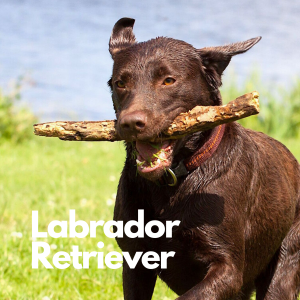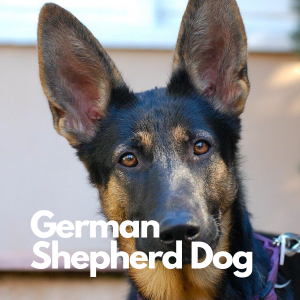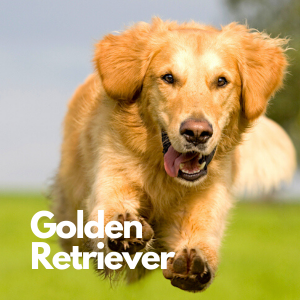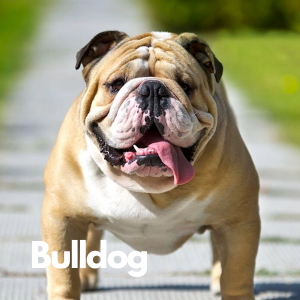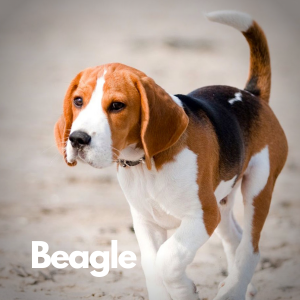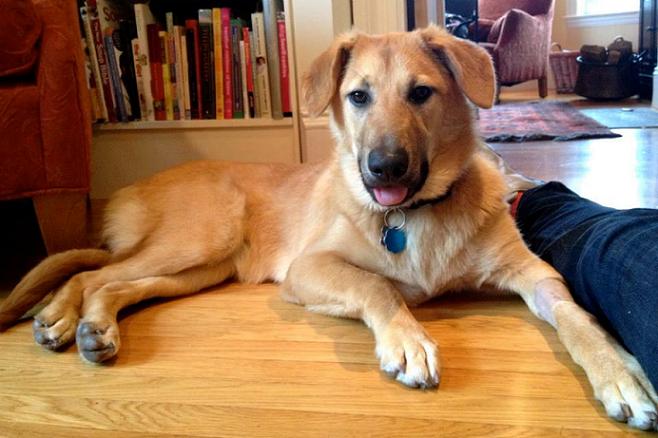
Breed
Chinook
Group
Working, miscellaneous class
Physical Description
The Chinook is an athletic, intelligent active dog originally bred for sled dog racing. The thick, double coat comes in shades of honey to reddish gold over the compact and muscular body and slightly webbed toes. The almond-shaped eyes vary from dark brown to amber in color.
The average life expectancy is 10 to 15 years, although some dogs have lived longer than this range. Males weigh around 70 pounds and average a height between 23 and 26 inches. Females are slightly smaller at an average weight of 55 pounds and a height of between 22 and 25 inches.
Origin
The Chinook was developed by crossing a Mastiff-type dog with Greenland huskies and German and Belgian shepherds in the early 1900s by Arthur Walden in New Hampshire. The breed was named after the road on which Walden’s farm was located, “The Chinook Trail.” This new breed of sled dog was powerful with great endurance and a friendly and gentle temperament.
The breed became popular and famous after the dogs comprised the first sled dog team to climb Mount Washington in 1925 and later accompanied Admiral Richard Byrd on an expedition to Antarctica in 1927.
The dogs were purchased by Perry and Honey Greene of Maine in 1940, and they became the sole breeders of Chinook dogs. By 1965 the breed was listed as the rarest dog in the world. Thanks to the promotion of the breed by the Greenes and the mystery surrounding the dogs, the number of AKC-registered Chinooks increased into the hundreds over the years.
Purpose
Chinooks were created for working as sled dogs, and some may still participate in this type of work today. They are also involved in obedience, drafting, carting, search and rescue and racing. They thrive on activity, human companionship and make great family pets.
Temperament
Playful, energetic and friendly, Chinook dogs are eager to please and adapt to new situations easily. They are also highly intelligent dogs, often called the Einsteins of the dog world, and this ability is sometimes used to be mischievous or sneaky as they figure out how to get what they want. They should be trained to curb unwanted behavior and exercised regularly.
Chinooks are not aggressive or overly protective, and they are not recommended as guard dogs. They are good with children and other non-canine animals, although each dog’s temperament can vary. They prefer to stay close to their human counterparts and are not recommended to live outdoors or alone; separation and isolation can create anxiety and emotional distress for the dog. Chinooks should be thoroughly socialized to prevent excessive shyness.
Exercise Needs
Daily exercise is a must for this breed. Chinooks are active dogs who like to work, so they will have energy to burn off each day. They are hard workers with high endurance levels and are happy when given a task or job. A daily walk or two and playtime is recommended. They don’t need large spaces or backyards, so they can do well in apartments with their exercise needs met by outings. They should not be let off lead unless in an enclosed area as some owners report their Chinooks try to herd animals when let free.
This video shows two Chinook dogs participating in sledding:

Grooming Requirements
The Chinook has a thick coat and typically sheds seasonally once or twice per year. Some owners have reported their Chinooks shedding heavily all year long even with regular brushing, so the grooming required will depend on each individual dog. If you are prepared to groom regularly there won’t be any surprises!
Brush the coat weekly or more often if required, and don’t forget to maintain the teeth, nails and clean the ears regularly.
Common Health Problems
With few health problems, the Chinook is generally a healthy breed with few problems. A few issues seen with the breed include:
- Eye problems
- Canine hip dysplasia
- Skin issues
- Cryptorchidism
- Seizures
- Spondylosis
Is the Chinook the Right Dog for You?
One of the most important attributes to keep in mind when considering a Chinook is their desire to be with you all the time. Think of being followed to the bathroom, through the house and out to get the paper. They don’t like being separated from you, alone, isolated and caged or left outdoors, each of which can trigger separation anxiety and emotional distress. If you’re not okay with being shadowed and followed frequently, check out some of our other breed profiles to find the right dog for you.
If you don’t mind the closeness and companionship of the Chinook, the other main consideration is the grooming. This can be minimal or require a lot of maintenance depending on the dog’s individual coat; unless you obtain an adult Chinook, you may not know what you’re in for until the dog grows up. Some grooming will be required from time to time regardless, so being prepared for this is a good approach.
Chinooks are great family dogs who get along great with children and other non-canine pets. They are friendly and non-aggressive, so they do not make good guard dogs. They can be prone to excessive shyness, so socialization is a must. Their high intelligence can make them a challenge at times, and training is strongly recommended. Daily walks are a necessity, and Chinooks can fare well in apartment life if exercise is provided. If the above recommendations sound like things you are willing to do, the Chinook might be the perfect dog for you.
Adopt, Don’t Shop
Shelters and rescues house purebred animals often, so start your search with these using our adoptable dog search. If you choose to purchase a Chinook through a breeder, please make sure they do not show any signs of operating a puppy mill. Ask to meet the dog’s parents and see any health records or tests that may have been performed on the parents and the dog you are adopting.

